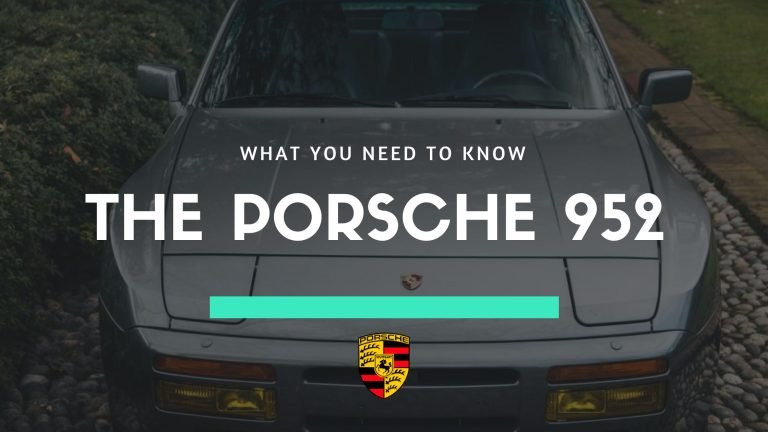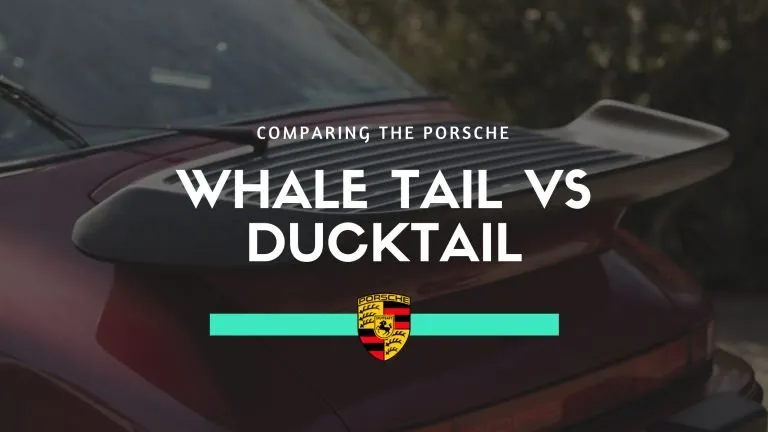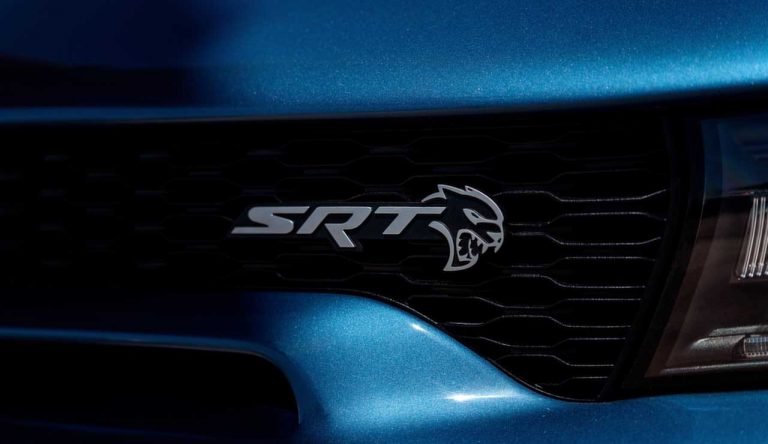JASMA – What Does It Mean? (Explained)
Every country has its own automotive standards and values different aspects of a car’s safety and functionality slightly differently. While they are all naturally going to be very similar there are of course some differences that we have to be aware of from continent to continent and even country to country. A common example of this is the differences in emissions and environmental regulations between the EU, US, and Japanese markets.
The Japanese markets have, historically, been unequivocally worse for the environment in every way. That is not to say that JDM (Japanese domestic market) vehicles are necessarily bad, or even much worse, just different. A more specific example of this is JASMA which is a Japanese-specific organization that you might potentially encounter in the US, UK, and Australia. We are going to cover what JASMA is, why it exists, what it is trying to achieve, and how it might affect you. Let’s get into it right here and now!
What Is JASMA?
JASMA is both an organization and an acronym, rather than a specific vehicle component. If you have seen JASMA stamped onto your exhaust or muffler you can be forgiven for thinking that JASMA was the manufacturer when actually they are the quality and environmental control component of the manufacturing supply chain.
JASO, which is an acronym, stands for Japanese Automotive Standards Organization and is responsible for ensuring that Japanese vehicle components adhere to environmental standards within Japan. And, although it is not their primary purpose, they regularly convene with similar agencies of different countries to ensure that vehicles sold both domestically and internationally all over the world are “on the same page” about what they need to be doing in many regards.
JASMA stands for Japanese automotive sports muffler association and they report directly to JASO. Obviously, the exhaust, muffler, catalytic converter, etc. are all parts of the car that have the most profound impact on the environment.
Even if it is not directly them producing the emissions we are trying to cut down, they play the biggest part in the quantity and severity of these emissions. The JAMA’s purpose is to ensure that mufflers in particular are meeting environmental and quality control standards within Japan. And, if the components are sold outside of Japan, potentially that the mufflers are carb legal elsewhere too.
What Does Carb Legal Mean?
That introduction and first section may have felt a bit, heavy since there is a lot of background info for what is actually quite a simple purpose. Mufflers have a huge impact on the environment and each country has strict rules and regulations to ensure that muffles are reducing their emissions as much as possible! What is and is not legal within each country varies, naturally, but the terminology for whether it is or not remains the same.
It is often referred to as being “carb legal” which is just a truncated way of saying whether or not a muffler adheres to the carbon monoxide emissions rules and regulations of a certain country. For Japan, the organization that sets and determines these regulations is JASMA.
Why Do Japan And The US Have Different Carb Rules?
Every country has different rules and regulations. Even the UK and US which so often are similar but slightly different have vastly different rules regarding carbon monoxide production while driving. Which country’s rules are more severe will go back and forth and they may sometimes be identical, but usually not. Japan and the US tend to have far different rules and regulations than that of the US and UK which is why organizations such as JASMA come into play.
Japan has very different ideas of what is considered bad for the environment compared to the US. Politics aside, Japan has a pretty poor environmental and sustainability record. The US doesn’t have a great record, but it is better than Japan. You will regularly find that JDM vehicles are slightly higher performance and this is most often because the US counterpart is restricted by environmental regulations not because they are using cheaper or worse parts for their overseas markets.
Are JASMA Exhausts Better Than USA Ones?
Better is a very subjective word and unfortunately, we cannot really give you a straight answer. It depends on what you put the most value in. Some people are very environmentally conscious and therefore think that US mufflers will be better because although they are slightly lower performance (very slightly lower) they are better for the environment.
Conversely, if you think the very tiny difference in environmental impact is negligible and the extra few horses of power you can squeeze out of your car are of more value, then the JASMA exhausts may be considered “better”. It should be noted that JASMA exhausts can be used within the US, just not sold as stock, in most cases. Once you have bought the car you can pretty much do what you like to it in the US.
Why Do I Have A JASMA Exhaust Or Muffler Outside Of Japan?
It is very important to clarify that Japanese exhausts and mufflers are not illegal in the US, you won’t go to jail for owning or installing one. The US has stricter rules about how new cars must be made regarding their environmental impact. But, as we said above, once you have them you can pretty much go nuts so long as you are being safe and not breaking any other laws.
If you have a US model car with a JDM muffler chances are you either have an import (unlikely) or someone has swapped the muffler for an overseas OEM part. You might consider yourself lucky, or you might not, you aren’t going to get in trouble for it though. If anyone but you even ever noticed.
Conclusion
Hopefully, you have found this article helpful and you now have a good understanding of what JASMA and JASO are. You may not encounter them very often, if at all, but it is nice to know what you are dealing with nonetheless. Sometimes people like to use JDM parts as a bit of a flex as they may arguably have a few extra horses to spare compared to you on identical cars. However, a simple change such as a sports air filter would make up the difference and then some. Don’t lose any sleep over it!



